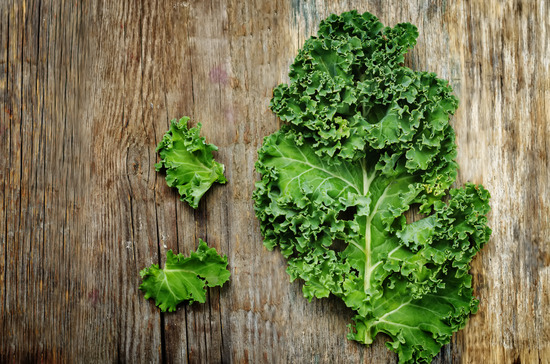We see people consuming kale in all sorts of ways ranging from crispy kale chips to an additive in their juices or cleanses. But how great is kale really? Keep reading to find out why kale is an amazing addition to anyone’s diet.
Kale is extremely packed with antioxidants
Kale is one of the most nutrient dense foods there are. Packed with antioxidants such as quercetin, beta-carotene, vitamin C and kaempferol, kale really is a nutritional powerhouse.
Antioxidants are important for the body as they counteract potential oxidative damage to the body.
These antioxidants help to prevent and counter the effects of diseases and disorders such as cardiovascular disease, thrombosis, diabetes, arthritis, asthma, impaired immune system and more.
Kale has anti-cancer effects
This leafy green vegetable is filled with compounds that are believed to help fight against cancer. When consumed, these compounds are converted into isothiocyanates, which evidence suggests may help prevent cancer as well as even suppress the growth and spread of cancerous cells. The isothiocyanate compound works by eliminating carcinogens from the body and stimulates the self-destruction of cancerous cells.
Kale can help you lose weight
Kale as we all know, is low in calories, high in fiber and contains no fat. A cup of kale only has 36 calories, and with 5 grams of fiber kale will provide you with that bulk you need to feel full. With the low calorie count, kale has a low energy density, meaning that you won’t have to worry about excess energy converting into fat. Interestingly enough, kale also does have a bit of protein, a key element when it comes to losing weight.
Kale is good for the heart
Kale is an amazing way to help prevent heart disease and reduce cholesterol. Cholesterol is used to create bile acids, a substance that helps digest fat. Too much cholesterol can be detrimental as it can build up along the walls of your arteries and could restrict blood flow. Kale on the other hand is filled with bile acid sequestrants that will reduce the overall amount of cholesterol in the body which should lead to a lower risk of heart disease over time.

